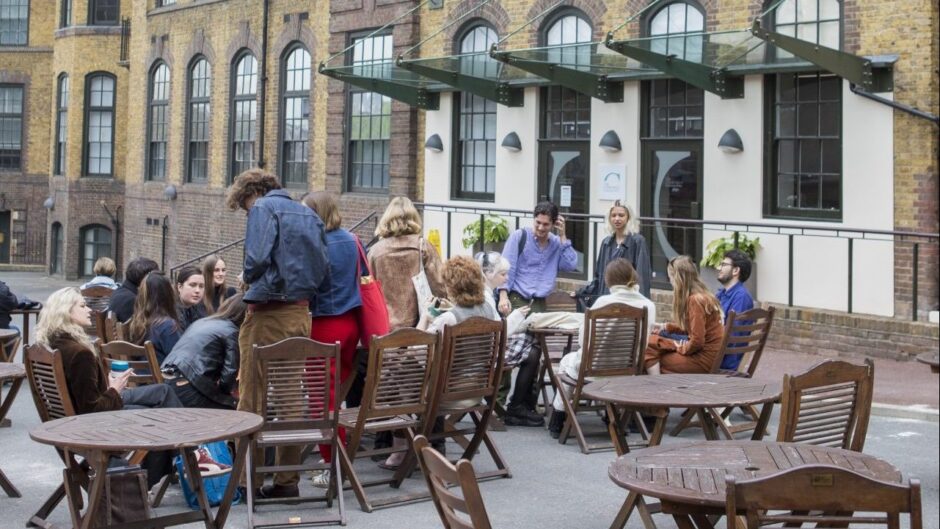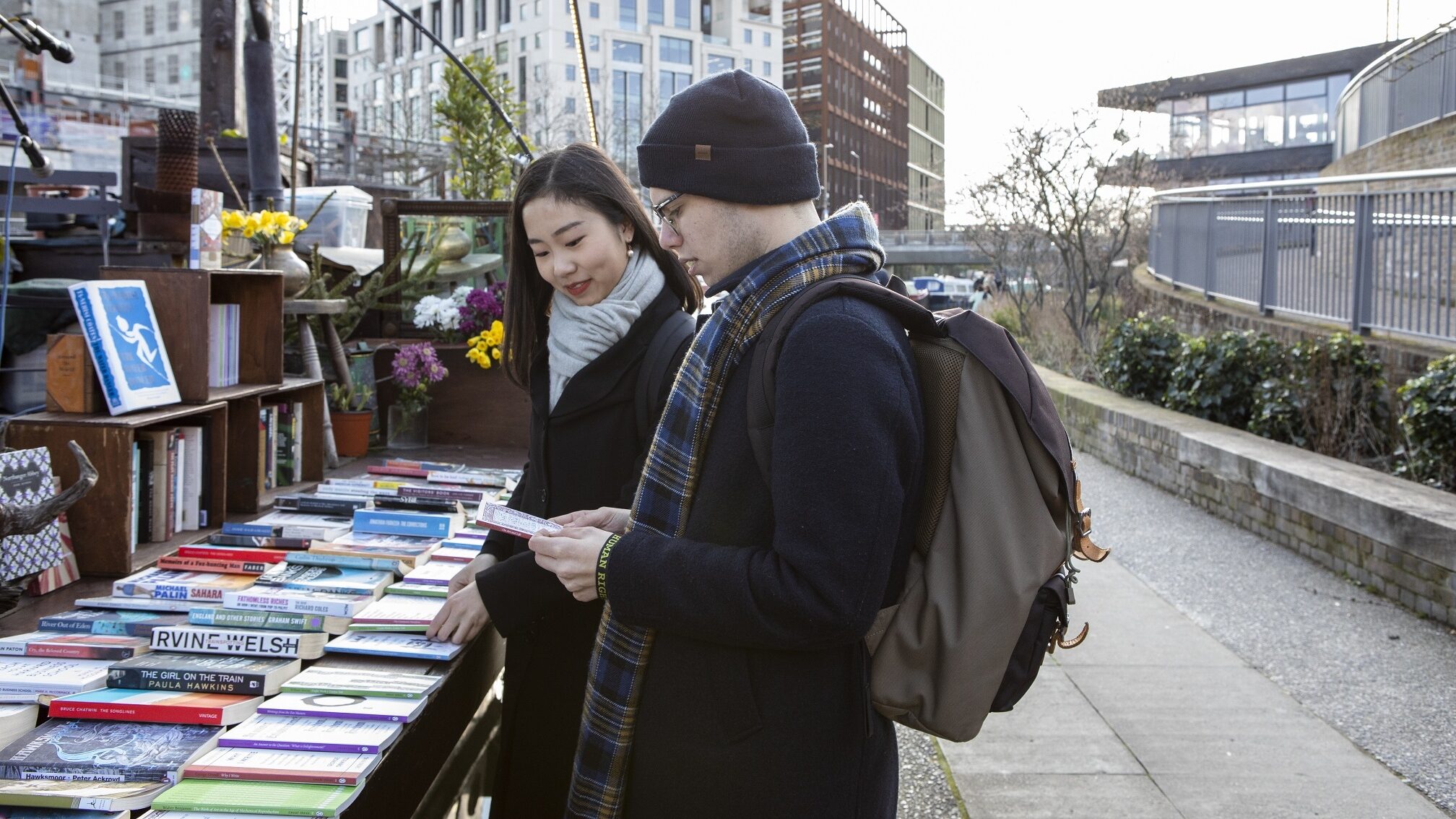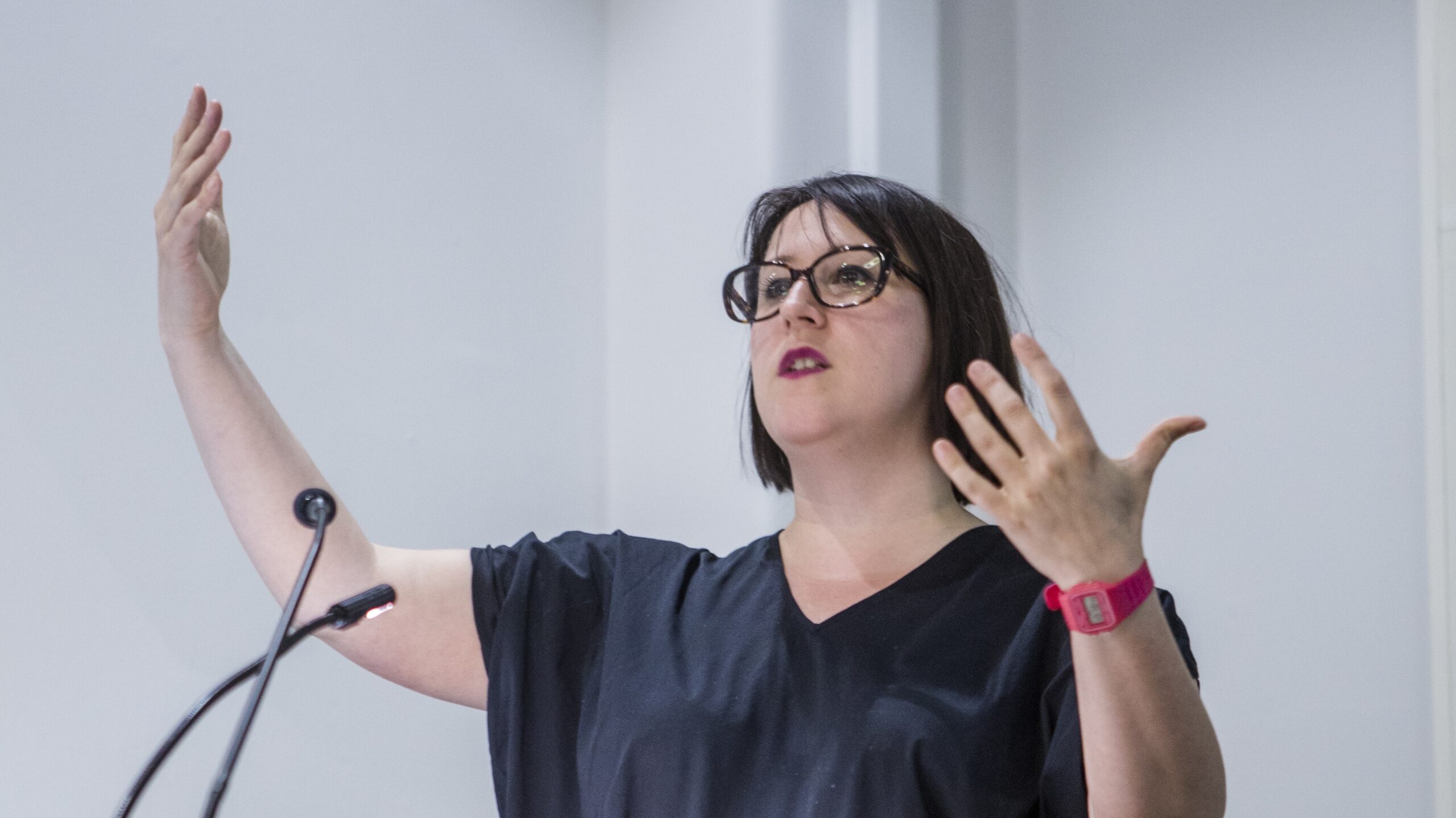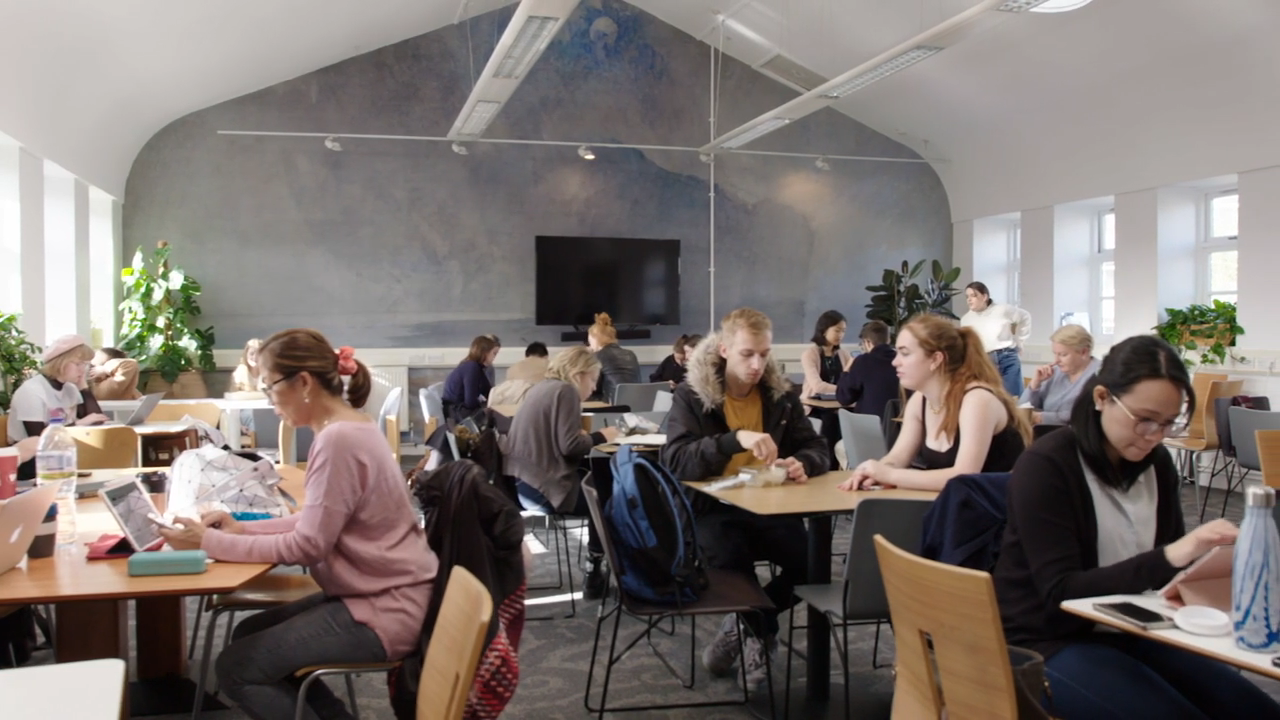The Courtauld Institute of Art has a long tradition of welcoming students from all over the globe. We provide world-class teaching based in the heart of London, a truly international city, and The Courtauld’s graduates continue on to fill prestigious positions around the world as art historians, curators, journalists, art dealers and heads of major museums and galleries.
Opening a bank account
We advise international students to open a bank account in the UK, as this is by far the safest and most effective way of managing your money. It is also easier if you plan to work during your studies (students on Tier 4 visas may typically work up to 20 hours per week), as most employers pay wages directly into a UK bank account.
To obtain a student bank account, you must provide a bank letter. You will have no trouble opening a basic bank account as an international student, but you will likely not be given any form of credit, so you will be without an overdraft facility, chequebook and credit card from your UK bank. It is not possible to open a UK bank account in advance of your arrival, as most banks require a permanent address in the UK in order to open an account.
There are several banks in easy reach of The Courtauld, so you should do some research into which banks offer accounts which meet your needs. Some of the banks with nearby branches are:
- HSBC (31 Euston Road, London, NW1 2ST)
- Lloyds (344 Gray’s Inn Road, London, WC1X 8BX)
- Nationwide Building Society (32-33 Upper Street, London, N1 0PN)
- Santander (15-17, Islington High Street, London, N1 9LQ)
- Natwest (11 Upper Street, London, N1 0PQ)
There are some online banking apps you may be able to open an account without a bank letter from us, however, you may have to be in the UK to be eligible to open the account and they do not offer student bank accounts.
Working in the UK
As an international student, you will normally have the right to work 20 hours per week per the conditions of your Tier 4 General Student visa; however, we do not recommend that you work more than 10 hours per week, as you should allow for flexibility in your course commitments. The Courtauld frequently offers part-time work for students in the libraries, the Development Office, the Research Forum and various events throughout the year. Positions are posted on the Institute website (www.courtauld.ac.uk/vacancies) and advertised by individual departments via email.
If you hold part-time employment in the UK, you must apply for a National Insurance (NI) number, which will be valid for the rest of your life and may be useful if you plan to return to or remain in the UK. It is not necessary to have a NI number to accept a job offer or receive health care as a student. To apply, you should contact your nearest Jobcentre Plus to make an appointment.
Mobile Phones
Unless you are planning to stay in the UK long-term, you should consider purchasing an inexpensive pay-as-you-go phone. Most carriers provide plans which will allow you to call home cheaply (as little as 3 pence per minute). If you wish to do some research ahead of time, some of the main mobile phone providers in the UK are:
- GiffGaff — giffgaff.com
- 3 (8-9 Upper Street, London, N1 0PQ) — three.co.uk
- O2 (1 Upper Street, London, N1 0PQ) — O2.co.uk
- EE (4-6 Liverpool Road, London, N1 0PU) — ee.co.uk
- Vodafone (2-4, Liverpool Road, London, N1 0PU) — vodafone.co.uk
What to pack
Most airlines will only allow passengers to check one suitcase for international flights. You will want to check with your airline to verify their requirements, as they will charge for any additional or overweight baggage. You will normally be allowed one carry-on item with no weight restriction, though it must meet size requirements. It is useful to weigh your luggage at home to avoid having to re-pack at the airport or leaving things behind.
The weather in the UK is usually mild year-round, though recent winters have been cold (and snowy), so you may find it useful to bring a few warm clothes. An umbrella and footwear suitable for walking in wet weather are a must, especially in the months leading up to winter, and, as previously mentioned, you will want to invest in a bag with a secure closure to keep your belongings safe.
Bed linen will not be provided with your accommodation; however, pots and pans, dishes, cutlery, etc. are normally available, even in privately rented accommodation. Any electrical appliances (laptop, hair dryer, etc.) will require a power converter and UK plug adapter (not the same as a European plug adapter), which are usually available in any store that sells luggage. Batteries are universal. If you are bringing a laptop, you should be mindful of playing UK (Region 2) DVDs, as it may lock the region coding on your DVD drive, and you will no longer be able to play DVDs from your home region.




